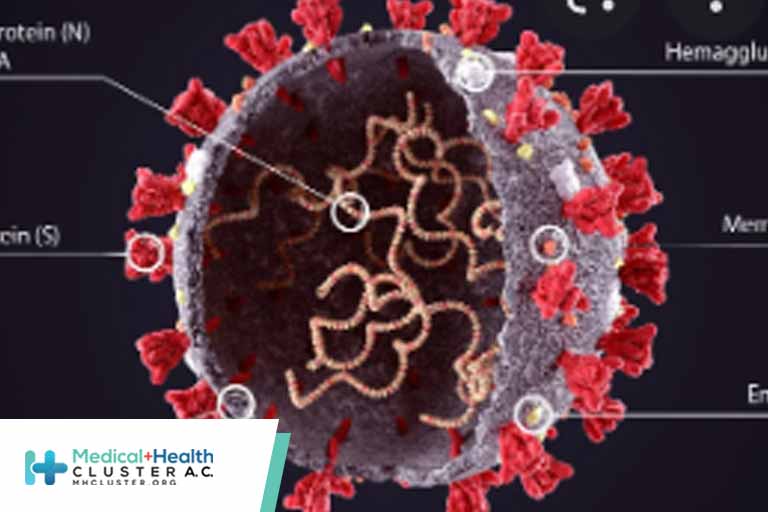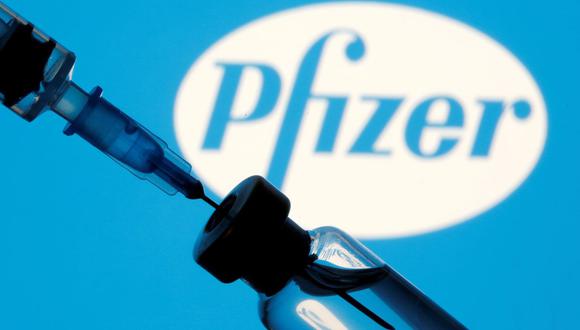Severe acute respiratory syndrome coronavirus 2 (SARS-CoV-2) is a recently emerged pathogenic human coronavirus that belongs to the sarbecovirus lineage of the genus Betacoronavirus. The ancestor strain has evolved into a number of variants of concern, with the Omicron variant of concern now having many distinct sublineages. The ongoing COVID-19 […]
Read More
In a prospective, longitudinal study, N-antibodies peaked 90–100 days after infection and persisted for at least 500 days in most patients. The duration of antibody response after SARS-CoV-2 infection is not clearly established, although prior studies have estimated that antibodies produced after natural infection last from 3 to 6 months. […]
Read More
LISBON, Portugal — An overall ninefold increase in COVID-19 antibody levels can be seen with a longer interval between first and second doses of the Pfizer/BioNTech (BNT162b2) vaccine in people without prior infection, according to data from the UK government’s SIREN (SARS-CoV-2 Immunity and Reinfection Evaluation) study. This interval-dependent antibody […]
Read More
Antibodies induced by mRNA COVID-19 vaccines keep improving in quality for at least six months while the immune system continues to “train” its antibody-producing B cells, according to a new study. After vaccination, some B cells become short-lived antibody-producing cells, while others join germinal centers in lymph nodes – essentially, […]
Read More
COVID-19 vaccination in pregnancy generates functional anti-spike (anti-S) IgG antibodies in maternal circulation that are detectable in umbilical cord blood at birth and can protect the newborn and infant from COVID-19.1-4 Anti-S IgG titers in the umbilical cord are correlated with maternal titers and are highest after late second and early […]
Read More
Every day for weeks this past fall, Brian Koffman, MD, would Google “AZD7442, AZD7442, AZD7442.” He finally hit pay dirt December 8, when he discovered that the US Food and Drug Administration had authorized AstraZeneca’s long-acting monoclonal antibody combination, AZD7442 (Evusheld), for COVID-19 preexposure prophylaxis in adults and children at least 12 years […]
Read More
Around 1 in 5 infected with SARS-CoV-2 don’t develop anti-N antibodies, according to King’s College London research. The ZOE COVID Study of 8193 previously infected people found 81% tested positive for anti-N antibodies, arising from natural infection rather than vaccination, between April and August 2021. The likelihood of having these […]
Read More
Children who contract a mild case of COVID-19 may not develop antibodies to the virus afterward, a study from Australia suggests. Researchers compared 57 children and 51 adults with mild COVID-19 or asymptomatic infections. Only 37% of children appeared to develop antibodies, compared to 76% of adults – even though […]
Read More
Moderna’s COVID-19 vaccine generates more than double the antibodies seen from Pfizer’s COVID-19 vaccine, according to a new research letter published Monday in JAMA. The study compared the levels of antibodies produced against the coronavirus spike protein. However, the research didn’t measure the levels of neutralizing antibodies or whether the differences correlated with […]
Read More
Moderna Inc.’s Covid vaccine generated more than double the antibodies of a similar shot made by Pfizer Inc. and BioNTech SE in research that compared immune responses evoked by the two inoculations. The study is one of the first to compare levels of antibodies produced by the two vaccines, which are thought to be […]
Read More










